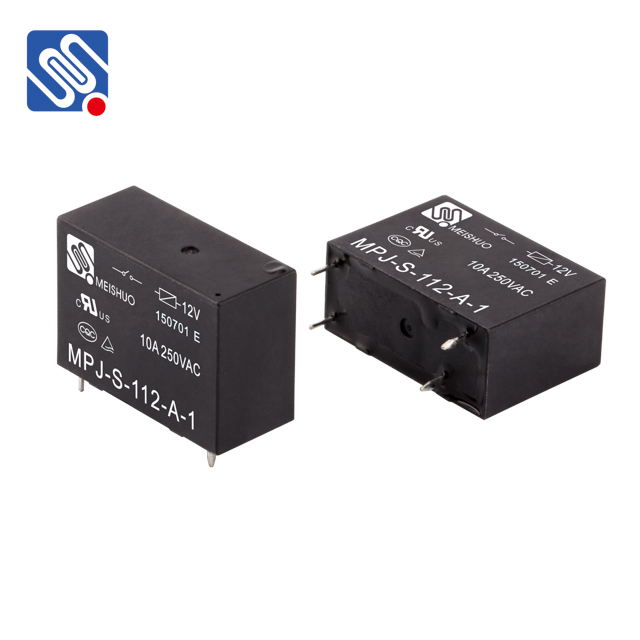When it comes to selecting the right relay for your system, the procurement process can be complex. Whether you’re designing an industrial automation system, a communication device, or any electrical device that requires switching, understanding the different types of relays and how to procure them effectively is essential for ensuring long-term system reliability. This guide will walk you through the key factors to consider when procuring relays, the different types available, and tips for selecting the best one for your needs.

Understanding Relays: Types and Applications A relay is an electrically operated switch that allows you to control the flow of electricity in a circuit. These devices are crucial for automation and remote control systems, providing a reliable way to turn on or off high-voltage systems using low-voltage controls. Relays come in various types, including electromagnetic, solid-state, thermal, and reed relays, among others. Each type of relay has its own strengths and specific applications: Electromagnetic Relays are ideal for general switching applications and are commonly used in automotive, industrial, and control systems.